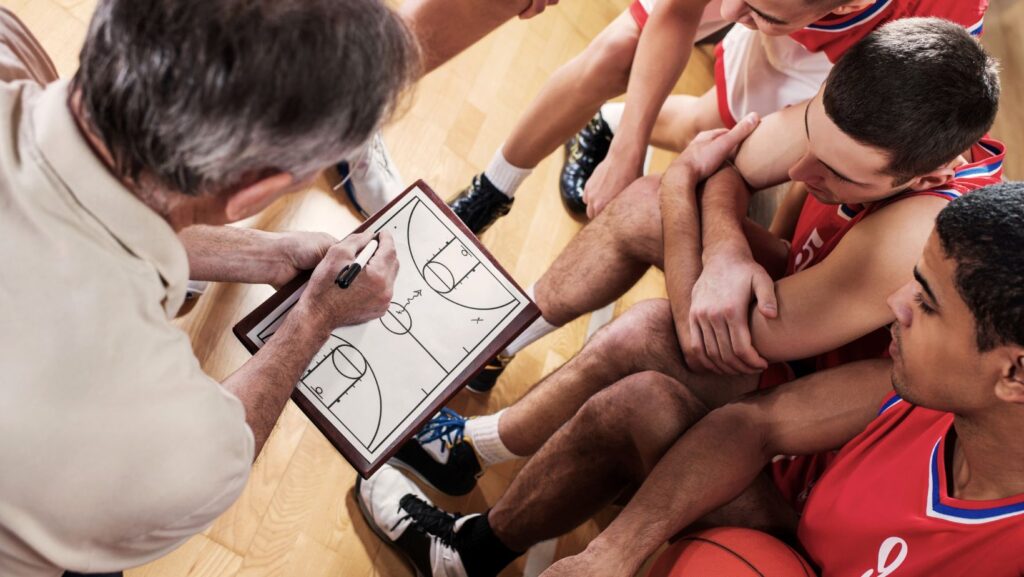Esports, a rapidly growing industry, has sparked debates on whether it qualifies as a sport. With millions of fans worldwide and professional players competing in high-stakes tournaments, the line between traditional sports and competitive gaming continues to blur. Critics argue that physical exertion is a defining characteristic of sports, while supporters point to the strategic thinking, teamwork, and dedication required in esports.
As the popularity of esports soars, it raises questions about the very definition of sports in the modern era. The competitive nature, skill development, and mental agility demanded by esports mirror those of traditional sports, challenging conventional notions of athleticism. As discussions around this topic evolve, understanding the nuances of what constitutes a sport in today’s digital age becomes increasingly crucial.
Is Esports A Sport
Esports is a rapidly growing industry that has garnered significant attention in recent years. The debate surrounding whether esports should be classified as a sport continues to spark discussions among enthusiasts and critics alike. While traditional sports are often associated with physical prowess and athleticism, esports challenges these conventional notions by emphasizing strategic thinking, teamwork, and mental agility.
The question of whether esports qualifies as a sport hinges on the evolving definition of the term “sport” in the context of modern society. In traditional sports, physical exertion plays a central role, with athletes showcasing their strength, speed, and endurance. However, in esports, the focus shifts towards cognitive skills such as decision-making, reaction time, and coordination.

Understanding Esports
Definition of Esports
Esports, short for electronic sports, refers to organized video gaming competitions where individuals or teams compete against each other in various video games. It involves professional gamers facing off in tournaments watched by millions of fans worldwide. The competitive nature of esports requires players to hone their skills, tactics, and strategies to outplay their opponents, much like traditional sports.
Characteristics of a Sport
Physicality in Sports
In considering whether esports can be classified as a sport, one key aspect often brought into question is the level of physicality involved. Traditional sports are typically associated with physical exertion, endurance, and athleticism. While esports may not require the same physical prowess as traditional sports like football or basketball, they do demand high levels of hand-eye coordination, reflexes, and fine motor skills. Players in esports tournaments need to maintain focus and quick reactions throughout intense gaming sessions, showcasing a different form of physical dexterity compared to traditional athletes.
Skill and Strategy
Another critical factor in defining sports is the requirement for skill and strategy. In traditional sports, athletes must possess a combination of physical abilities, technical skills, and strategic acumen to succeed. Likewise, esports demand a high level of skill in manipulating game mechanics, understanding complex strategies, and adapting to dynamic gameplay scenarios. Professional esports players demonstrate expertise in their chosen games, showcasing mastery of in-game tactics, decision-making under pressure, and coordination with teammates, emphasizing the strategic depth present in esports competitions.

Analyzing Esports as a Sport
Debate on Esports’ Classification
Esports’ classification as a sport has sparked a contentious debate among enthusiasts, athletes, and traditional sports communities. While some argue that esports lack the physical prowess and athleticism associated with traditional sports, others emphasize the mental acuity, reflexes, and strategic thinking required in competitive gaming. The ongoing discourse centers on defining the parameters of “sport” in a modern context, incorporating elements beyond traditional notions of physical activity.



